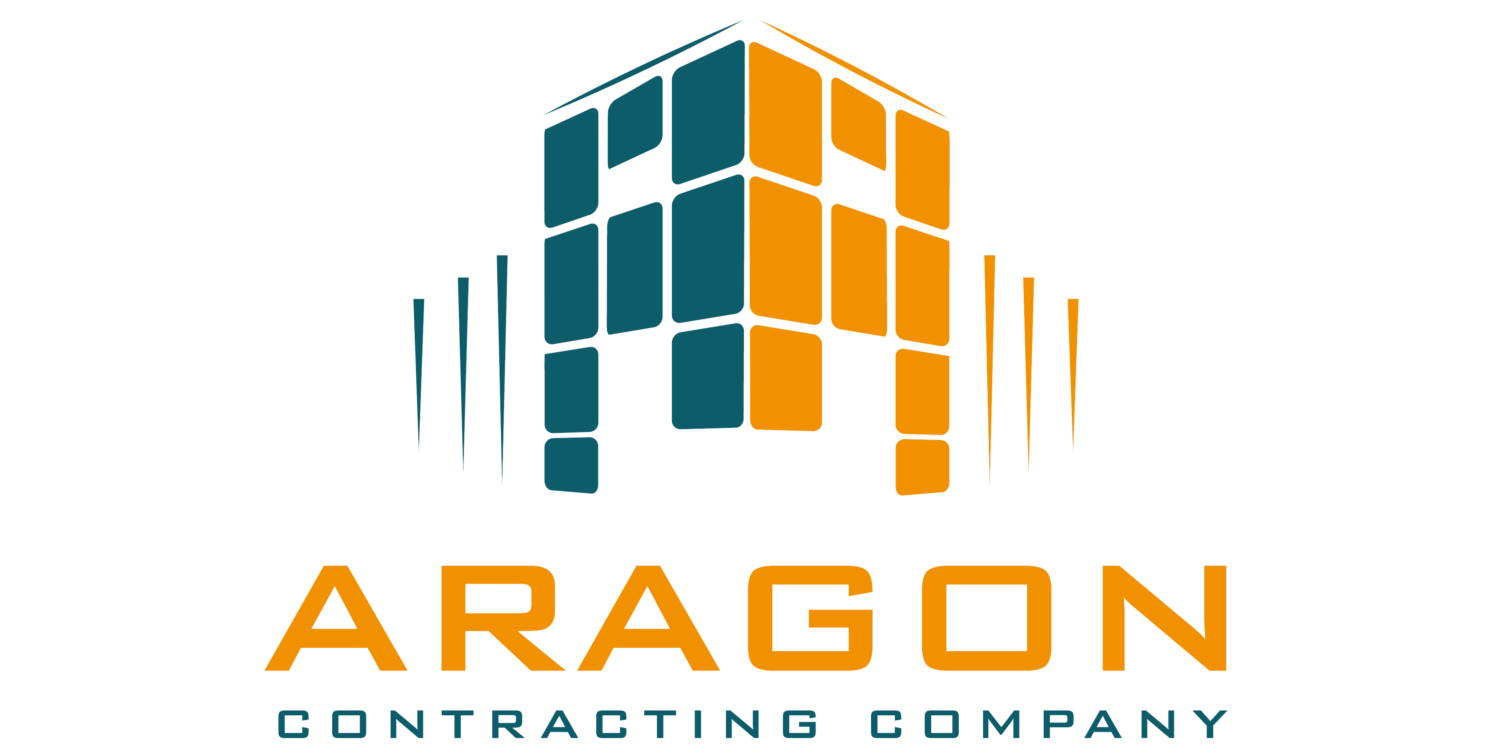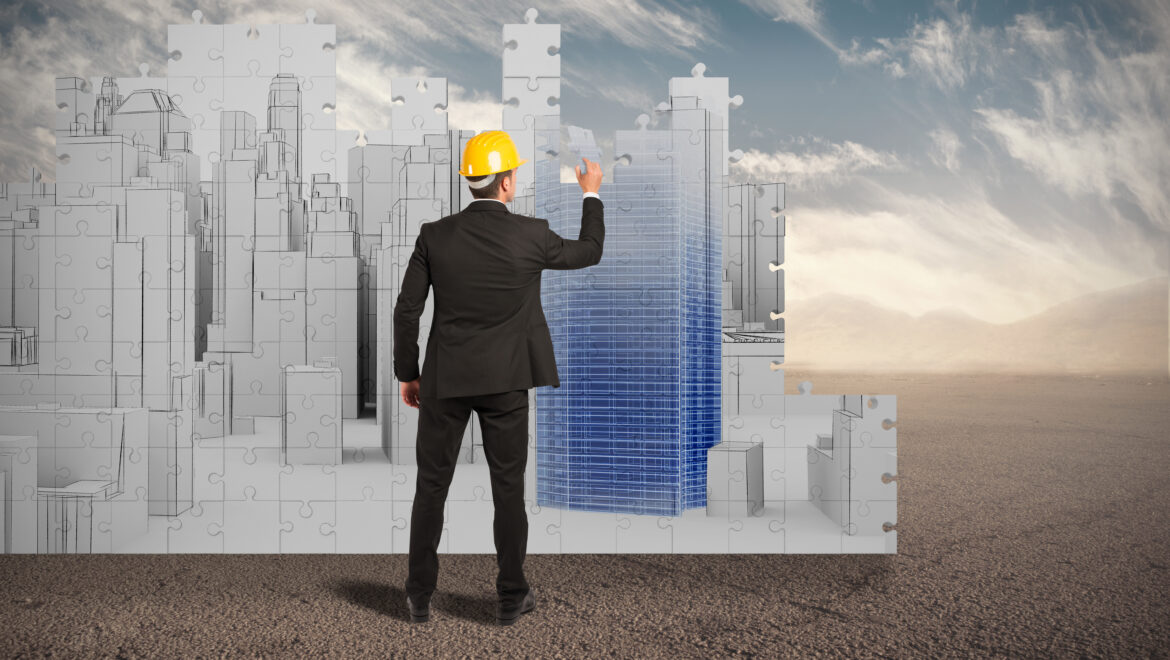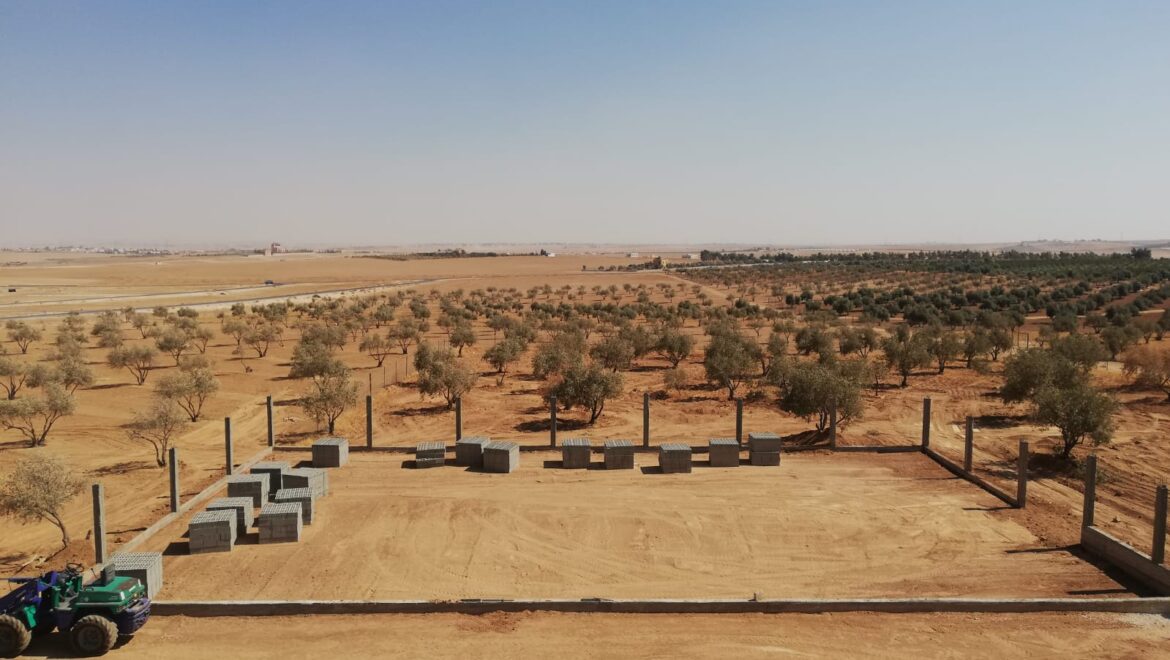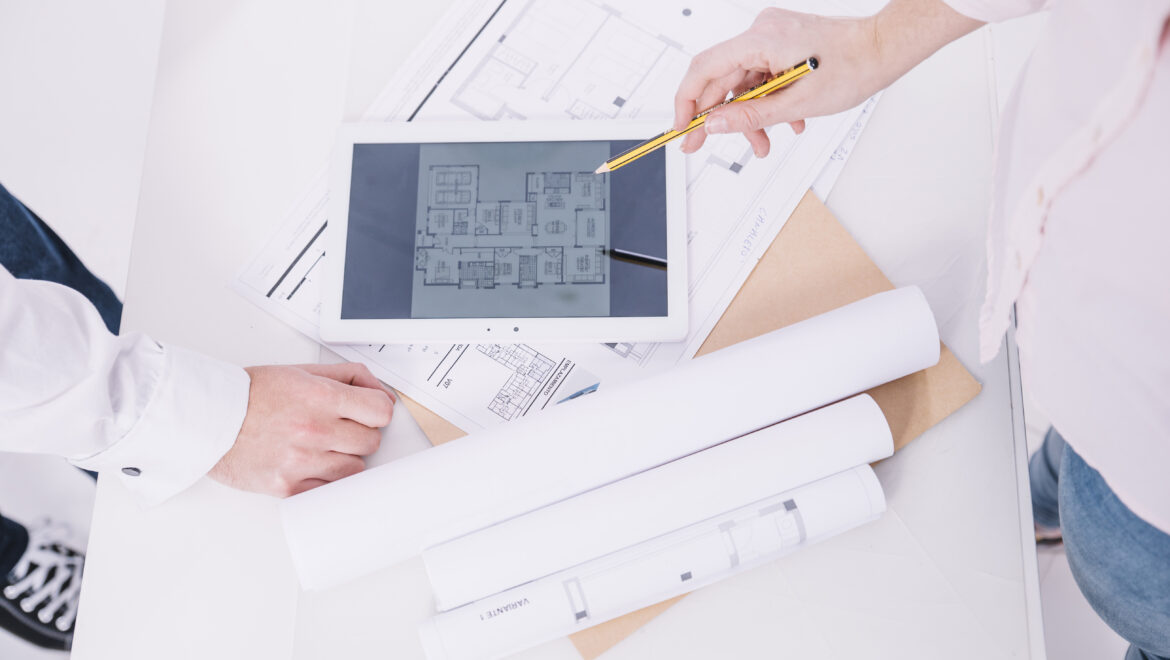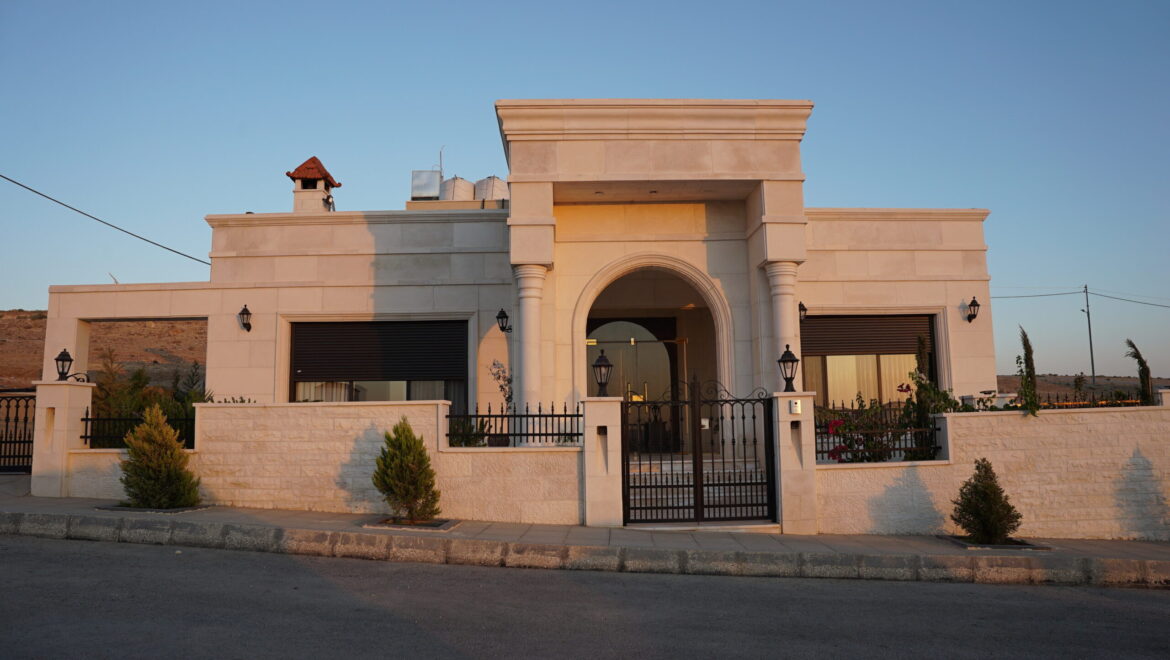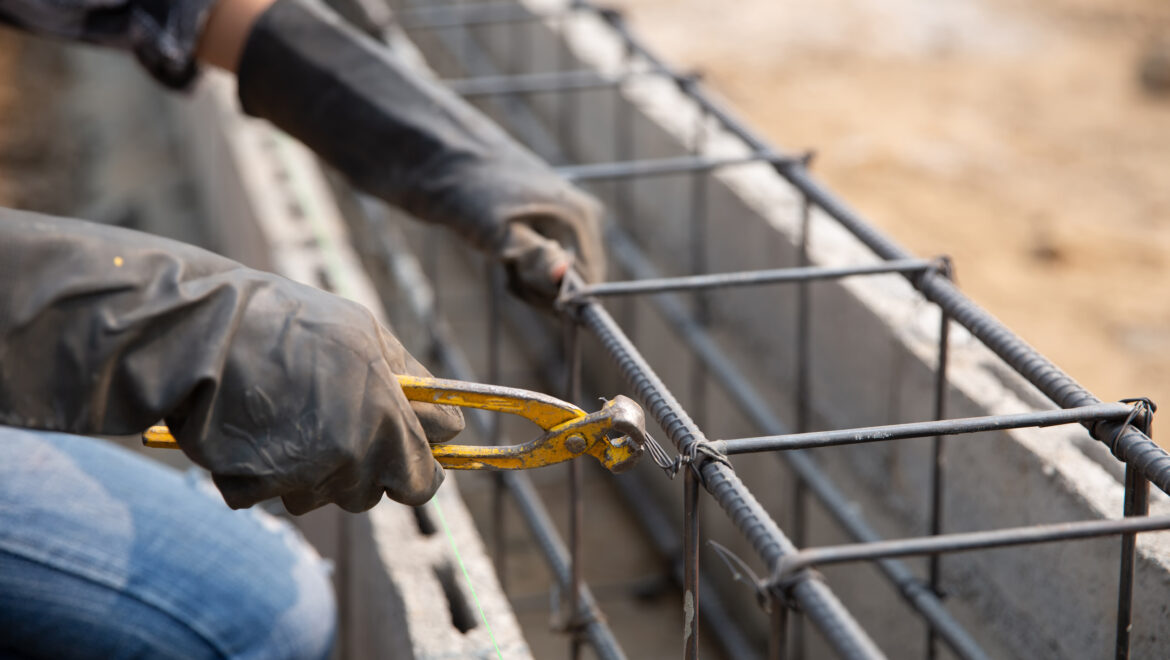Key Tips for Choosing a Reliable Contracting Company for Your Project
Learn about the essential criteria to consider when selecting a contracting company to execute your project with the highest quality while ensuring adherence to time and budget.
Article: Choosing the right contracting company is the first step towards the success of your project, whether it’s building a house, villa, or commercial project. With many contracting companies in the market, it can be challenging to identify the one that will provide you with high quality and adherence to deadlines. In this article, we will outline the key tips to consider when selecting a reliable contracting company.
- Experience and Reputation in the Market When searching for a contracting company, it is important to consider its experience and track record. Companies with a proven history of successful projects guarantee quality work. Review the company’s past projects and check customer reviews. A company with a good reputation and positive evaluations indicates its credibility and professionalism.
- Licenses and Certifications Ensuring that the contracting company has the necessary licenses and certifications is crucial. These credentials demonstrate that the company adheres to local standards and regulations, ensuring the safety and quality of the project. Also, ensure that the company is committed to safety and environmental standards.
- Communication and Transparency Good communication is the foundation of successful collaboration between the client and the contracting company. Ensure that the company demonstrates transparency in providing financial proposals and timelines. It should be able to explain every step of the project and answer any inquiries you have. A reliable contracting company should always be willing to provide accurate and clear information regarding costs, materials, and deadlines.
- Ability to Meet Deadlines Adherence to timelines is one of the most important factors to consider when choosing a contracting company. Ensure that the company can complete the project on time without delays. Delays can increase costs and cause unnecessary stress. Inquire about the company’s ability to handle project challenges and meet deadlines.
- Use of High-Quality Materials Quality is a fundamental factor in the success of any construction project. Ensure that the contracting company uses high-quality building materials, as this directly affects the durability and safety of the construction in the long term. Reliable companies are always ready to provide information about the sources of the materials they use and guarantee their quality.
- Flexibility in Handling Changes During project execution, you may encounter unexpected changes or adjustments. It is important to choose a contracting company that can adapt to these changes quickly and effectively without compromising work quality or timelines. Ask how the company handles such modifications and how flexible it is in addressing them.
- Budget Commitment Establishing a clear budget for the project and adhering to it is vital for ensuring project success. Ensure that the company can provide an accurate cost estimate before starting work and commits to the specified budget. Having a contracting company that offers transparent estimates free of surprises helps you keep costs under control.
- Warranties and Post-Project Maintenance A reliable contracting company offers warranties for the quality of work after project completion. Ensure that the company provides maintenance services and long-term guarantees to ensure that the construction remains in optimal condition after completion. These services add value and provide you with peace of mind in case any future issues arise.
Conclusion: Choosing a reliable contracting company is an important decision that depends on various factors such as experience, licenses, communication, and the ability to adhere to budgets and timelines. When making this decision, it is essential to conduct thorough research and evaluate the available options to ensure the success of your project with the best possible quality.
